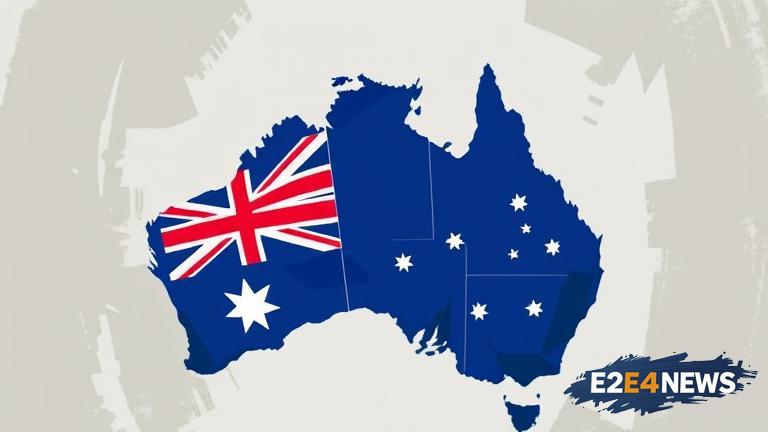In a shocking move, the Australian government has announced the expulsion of the Iranian ambassador from the country, citing evidence of Iran’s involvement in organizing antisemitic attacks. This decision comes after a thorough investigation by Australian authorities, which revealed a disturbing pattern of hate crimes targeting the Jewish community. The attacks, which included vandalism, harassment, and physical violence, were allegedly orchestrated by Iranian agents operating in Australia. The Australian government has condemned these actions as unacceptable and a clear violation of human rights. The expulsion of the Iranian ambassador is seen as a strong statement by Australia, demonstrating its commitment to protecting the rights and safety of its citizens, particularly those from minority communities. The move has been welcomed by Jewish leaders and organizations, who have long been concerned about the rising tide of antisemitism in Australia. However, the Iranian government has denied any involvement in the attacks, calling the allegations ‘baseless’ and ‘politically motivated’. The diplomatic row between Australia and Iran is likely to have significant implications for regional and global politics. The incident has also sparked a wider debate about the spread of hate speech and extremism, with many calling for greater action to be taken to prevent such attacks. The Australian government has pledged to increase security measures to protect Jewish communities and to work with international partners to combat antisemitism. The expulsion of the Iranian ambassador is also seen as a test of Australia’s resolve to stand up against countries that support or condone hate crimes. The incident has drawn comparisons with similar cases in other countries, where Iranian agents have been accused of promoting antisemitism and extremism. The Australian government’s decision has been praised by the US and other Western countries, who have long been critical of Iran’s human rights record. However, the move has also been criticized by some as an overreaction, with concerns that it could escalate tensions and harm diplomatic relations. The Iranian government has warned of retaliatory measures, which could include the expulsion of Australian diplomats from Tehran. The incident has also raised questions about the role of social media in spreading hate speech and extremism, with many calling for greater regulation and oversight. As the situation continues to unfold, it remains to be seen how the diplomatic row will be resolved and what implications it will have for regional and global politics. The Australian government has reiterated its commitment to protecting the rights and safety of all its citizens, regardless of their background or faith. The incident has also sparked a wider debate about the importance of promoting tolerance, understanding, and respect for diversity. In conclusion, the expulsion of the Iranian ambassador from Australia marks a significant escalation in diplomatic tensions between the two countries, with far-reaching implications for regional and global politics. The incident has highlighted the need for greater action to be taken to prevent hate crimes and to promote tolerance and understanding. As the situation continues to unfold, it remains to be seen how the diplomatic row will be resolved and what implications it will have for the future of relations between Australia and Iran.
